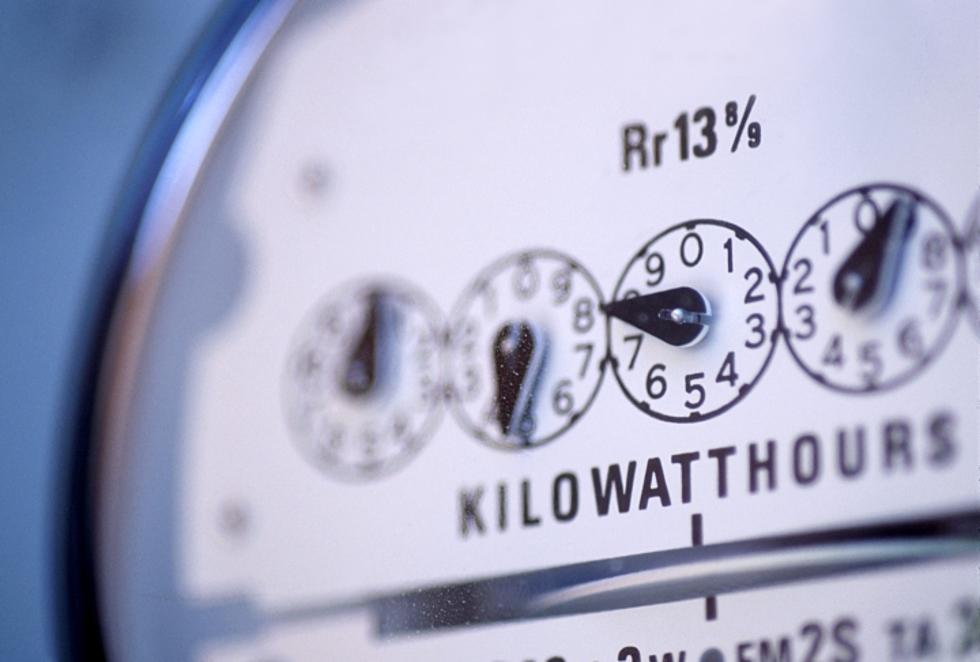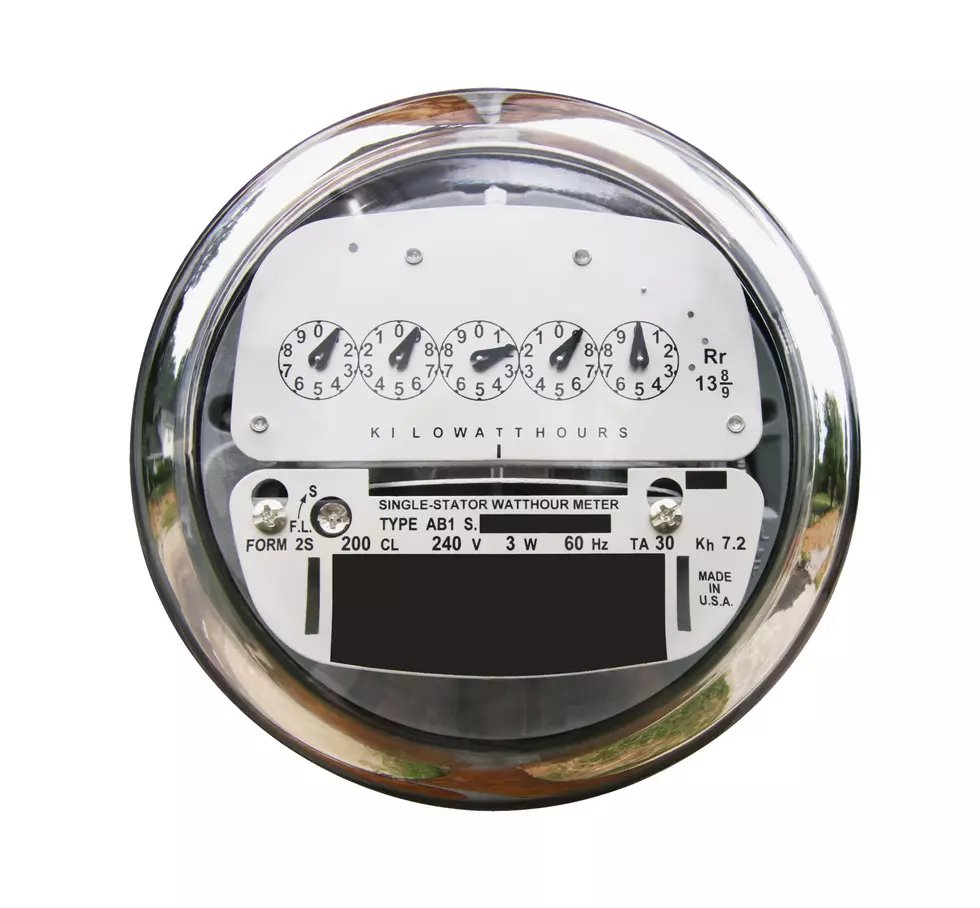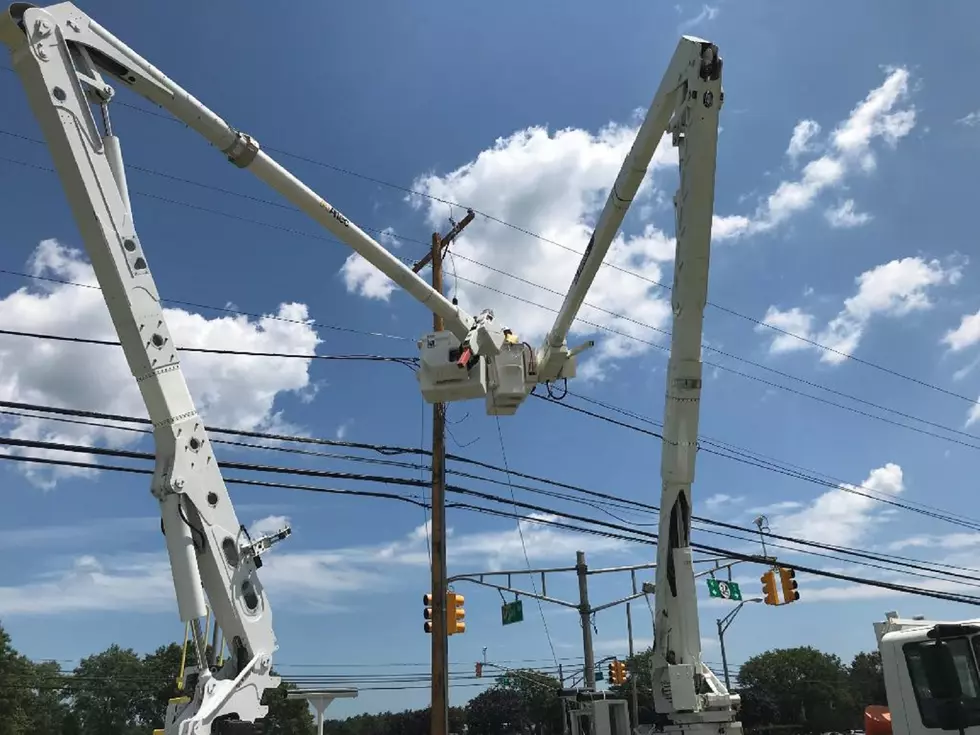
BPU holds hearing on how utilities mishandle storms
The Board of Public Utilities has begun a quarterly series of public hearings for receiving testimony on important topics. It began with a timely one – how electric companies handle storms, and specifically how Jersey Central Power & Light dealt with Tropical Storm Isaias last August.
The hearing was Friday, just days before the snowstorm posed the latest weather challenge for utilities. Among the speakers was JCP&L President Jim Fakult, who said he would reach out to discuss issues that elected officials raised at the meeting.
“We do know that we need to continue to make enhancements to our system, particularly in the areas of communications and providing accurate ETRs,” said Fakult, using a shorthand term for estimated time of restoration.
East Amwell Mayor Richard Wolfe said JCP&L has to be forced by the state to improve things such as communications with the public and elected officials because it’s not changing voluntarily.
“Every time this has been raised with JCP&L, the response is always the same: It’s a glitch in our technology. Well, when are they going to fix that glitch? I haven’t seen any improvement at all,” Wolfe said.
Millstone Township Committeeman Al Ferro said other utilities offer reimbursements to residents if there are extended outages but that JCP&L does not.
“A lot of people have extra refrigerators, and if they store food outside or inside and there’s power out for several days that goes bad, that’s a direct loss to these people, to the ratepayers, with no reimbursement,” Ferro said.
Stefanie Brand, director of state Division of Rate Counsel, said the BPU should develop a standard for measuring how utilities respond to storms, considering the usual standard excludes weather emergencies to get a fair picture of standard reliability.
Brand said more needs to be done to ensure utilities are keeping up with proper vegetation management, saying that falling trees account for one-fourth to one-third of outages in storms, the single biggest culprit. She said it is considered maintenance, not capital, and therefore earns utilities a lesser level of profit.
“So the focus is on Wall Street and maximizing profits, not on Main Street and reducing the outages,” Brand said.
BPU President Joseph Fiordaliso said the board wants lawmakers to raise the fines the state could put on utilities that don’t meet standards. He said many residents, let alone multimillion dollar corporations, could handle the current fines – $100 a day.
“We have been working with the state Legislature for years to try to increase the fine levels, and it has gone nowhere,” Fiordaliso said.
Scotch Plains resident Ed Minall suggested that JCP&L is getting too aggressive with pruning of trees, leaving them weakened and vulnerable to wind and disease. He said that rather than remove more than 30% of a tree’s canopy, remove entire trees in rights-of-way and plant other, smaller ones nearby.
“Linemen from other states, when they’re called in to emergencies here in New Jersey, they think we’re insane due to the amount of vegetation that we have within our overhead wires, our electrical grid system,” Minall said. “They can’t believe that trees are intertwined with the overhead electrical grid.”

Chatham Borough resident Rozella Clyde said tree canopies help property values and the environment and suggested it’s the ones left unstable by pruning that break, fall and threaten power lines. She said underground power lines could be the solution but that JCP&L won’t detail why it’s opposed.
“And all we get is it’s too expensive, it’s too expensive,” Clyde said. “We’ve asked for specific information on how much it would cost, and they say well we’ve done studies on it. But we haven’t found any of those studies.”
Michael Symons is State House bureau chief for New Jersey 101.5. Contact him at michael.symons@townsquaremedia.com.
LATEST: NJ towns canceling 2021 St. Patrick’s parades
More From New Jersey 101.5 FM









